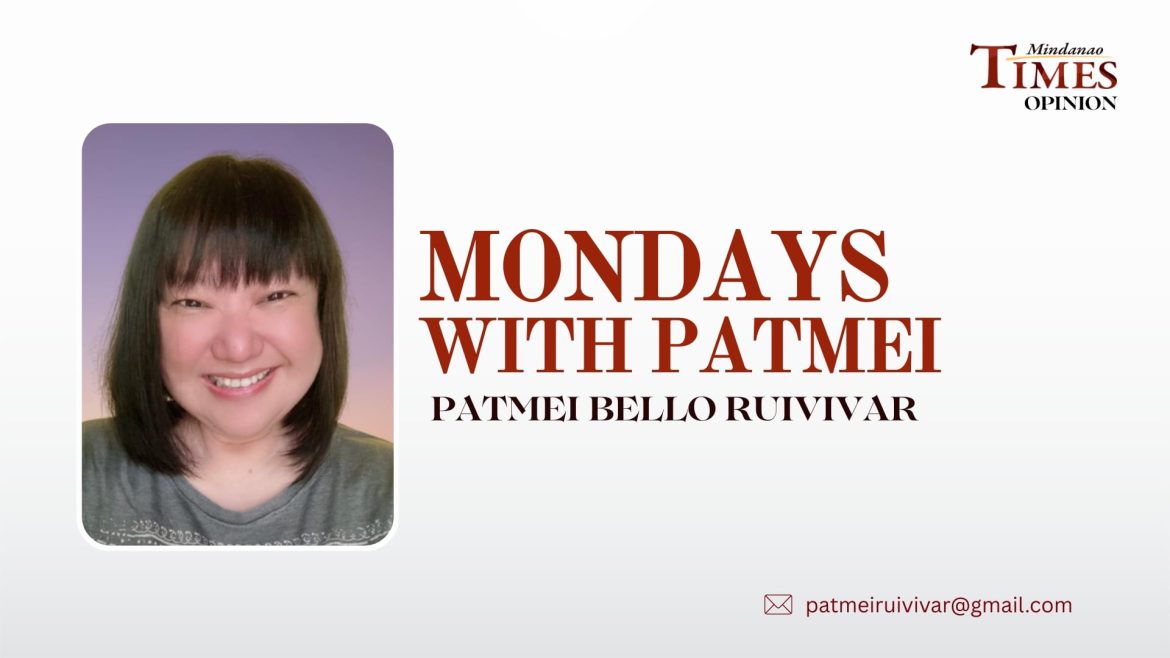I first heard this famous phrase from my feminist fairy godmother, Irene “Inday” Morada Santiago.
“Don’t agonize, organize!” Is a quote from Florence “Flo” Kennedy (1916-2000), a trailblazing American lawyer, feminist, and civil rights activist whose work fundamentally advanced intersectional justice, reproductive rights, and grassroots mobilization.
Not related to the other famous American Kennedy, Flo was born in Kansas City, Missouri and was raised in a family that resisted racism fiercely. Her father once defended their home from the Ku Klux Klan with a shotgun, instilling in her the conviction that “authority and respect needed to be earned.”
After moving to New York in 1942, she enrolled at Columbia University, where she earned a pre-law degree in 1949. However, she was denied admission to Columbia Law School. She confronted the dean, arguing that discrimination “felt the same” whether based on race or gender. Threatening a lawsuit, she secured admission and graduated in 1951 as one of the first Black women to do so.
She initially practiced law in Manhattan, New York, focusing on civil rights and entertainment cases. She represented the estates of jazz icons Billie Holiday and Charlie Parker, fighting for unpaid royalties and highlighting corporate exploitation. She also defended Black Power activists like H. Rap Brown and Assata Shakur, as well as Valerie Solanas, who shot Andy Warhol.
Flo eventually grew disillusioned with the judiciary’s repressive nature, questioning whether law could effectively drive social change. So she turned to social activism and co-founded pivotal organizations, including the National Organization for Women (NOW) and the National Black Feminist Organization (NBFO), and established the Feminist Party, which nominated Shirley Chisholm, the first Black woman elected to Congress, for US President in 1972.
Known for her flamboyant personality, Flo used humor and theatrics to amplify her message. Wearing cowboy hats, pink sunglasses, and t-shirts emblazoned with the world “Bullshit,” her activism was characterized by innovative, attention-grabbing tactics.
She stated, “If you’re not living on the edge, you’re taking up space.”
Flo’s innovative campaigns made history and inspired a lot of protest actions up to the present.
She led boycotts of large corporations, including picketing the Colgate-Palmolive building in New York, leading protests at CBS headquarters, and participating in anti-Vietnam War and pro-liberation initiatives organized by Youth Against War and Fascism in the 1960s.
In 1966. Flo created the Media Workshop, an organization charged with fighting racism and discrimination in the media. The group led boycotts of advertisers who did not feature Black people in their advertisements. After picketing in the street in front of an advertiser, Flo and the protesters were invited inside to discuss their grievances. She said that since then, she would say, “When you want to get to the suites, start in the streets.”
In 1968, she helped orchestrate the demonstration against the Miss America pageant’s objectification of women, which famously coined the term “bra-burning.”
Flo co-authored Abortion Rap in 1971 and challenged New York’s abortion laws by using women’s testimonies as expert witnesses, a strategy later adopted in Roe v. Wade. She also filed charges against the Catholic Church for violating tax exemptions by lobbying against abortion. “If men could get pregnant, abortion would be a sacrament” is another famous Flo quote.
In 1973, she organized the Harvard “Pee-In” to protest the lack of women’s restrooms by organizing activists to pour jars of fake urine on Harvard’s steps.
Flo’s legacy and impact continue to resonate in modern social justice movements. She paved the way for Black women in law and activism. Her legal strategies and advocacy laid groundwork for ongoing reproductive justice battles. She inspired later scholars and activists to analyze oppression through interconnected lenses. Her creative protests influenced groups like ACT UP and Black Lives Matter.
As I scroll through my social media feeds and see people agonizing over the systemic corruption and lack of accountability in our society in general and in our government in particular, I think about Flo now and her famous quote of “Don’t agonize, organize!”
She would tell us to stop wasting precious energy and time on unproductive worry, hand-wringing, despair, or internalizing problems. Agonizing is passive and leads to feeling overwhelmed and powerless. Agonizing represents this state of inaction.
She would tell us to convert that emotional energy into concrete, strategic action. Mobilize people, form a plan, build coalitions, and take direct steps to address the source of the problem. Move the battle from private frustration to public courts.
Organizing means building power with others. Because systemic problems could not be solved by individuals alone. True change comes from forming groups, unions, collective protests, and political organizations to amplify voices and demand change,
Action is an antidote to despair. Taking action is not only effective for creating change but it is also therapeutic for the activist. Organizing provides a sense of agency, community, and hope. This directly counteracts the feelings of isolation and powerlessness that come from “agonizing.”
To organize implies a focus on tangible goals — a new law, a case won, a successful boycott, a media event that shifts public opinion. It is about moving from the abstract problem to the concrete solution.
In the age of social media, where it is easy to get stuck in a cycle of “doomscrolling” and online outrage (our virtual form of agonizing), Flo Kennedy’s words are a good reminder that real change requires shifting from the digital sphere to the real world through coordinated, collective action.
Don’t agonize, organize! Stop feeling overwhelmed by the problem and start building the power to solve it. ###

